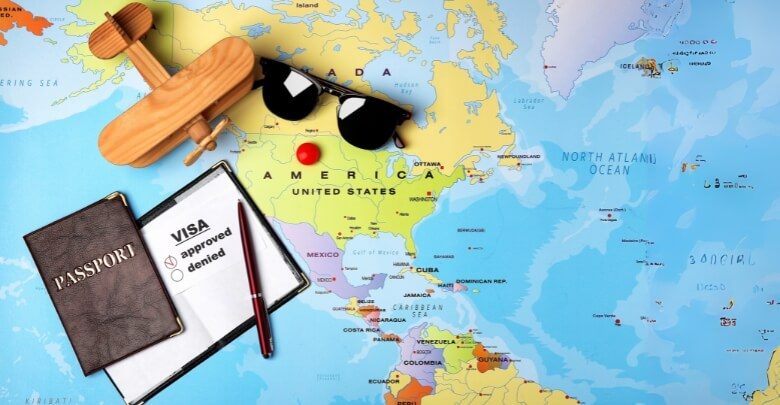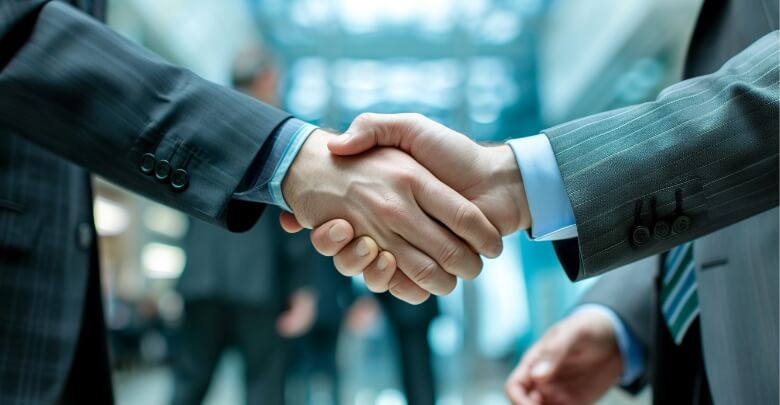Attending conferences can be a valuable experience for professionals seeking to expand their knowledge, network with industry experts, and stay up-to-date with the latest trends and best practices. However, attending a conference requires adequate preparation to ensure you make the most of your time and investment.
To make the most of your conference experience, you should have a clear understanding of the conference’s purpose, agenda, and attendees. Prior research on the conference can help you identify the sessions and workshops that align with your professional goals and interests.
This article will discuss essential tips on how to be prepared to attend conference, including researching the conference beforehand, planning your travel and accommodations, preparing your professional materials, networking effectively, and maximizing your learning experience.
Key Takeaways:
- Research the conference beforehand to understand its purpose, agenda, and attendees, and identify sessions and workshops that align with your professional goals and interests.
- Properly plan your travel and accommodations, and prepare professional materials such as business cards, resumes, and portfolios.
- Actively engage in sessions, workshops, and interactive activities, take notes, and ask questions to optimize your learning experience.
- Focus on effective networking by approaching individuals standing alone or in small groups, maintaining a positive attitude, exchanging business cards, and following up with new contacts after the conference.
Research the Conference Beforehand
Conducting thorough research on the conference before attending is essential to prepare for the conference effectively.
Understand the conference schedule, including keynote speakers, session topics, and industry trends that will be discussed. This information will help you plan your schedule accordingly, ensuring you can attend the sessions and events most relevant to your interests and goals.
Additionally, researching the conference beforehand can help you to identify potential networking opportunities and plan accordingly. Even if you are planning to join conferences internationally, you should research the conference beforehand.
To effectively research the conference, start by reviewing the conference website and any other available materials. Take note of the session topics and speakers that interest you, and consider reaching out to fellow speakers or attendees in advance to arrange meetings or introductions.
By identifying key contacts and opportunities in advance, you can maximize your time at the conference and ensure you make the most of the event.
With a solid understanding of the conference schedule and your goals, you will be well-prepared to maximize your time and experience. Planning travel and accommodations will be the next step toward a successful conference experience.
Plan Your Travel and Accommodations
Organizing travel and accommodations in advance can ensure a smooth and stress-free experience when participating in a professional event. Plan your transportation options and budgeting tips before attending the conference. Here are some tips to help you plan your travel and accommodations:
- Research the best transportation options available to you. Consider the distance between your hotel and the conference venue, traffic conditions, and public transportation schedules. Determine if renting a car or taking a taxi is more practical or if you can save money by taking public transport.
- Look for budget-friendly accommodation choices that meet your needs. To reduce costs, consider staying in hotels near the conference venue or sharing a room with a fellow attendee. Check for discounted rates or any conference packages that include accommodation.
- Create a detailed itinerary that includes your travel schedule, accommodation details, and conference activities. This plan will help you stay organized and avoid any last-minute mishaps.
Prepare Your Professional Materials
To optimize your participation in a professional event, ensuring that your professional materials are well-prepared is crucial.
One of the most important materials to have ready is your resume. Before attending the conference, take the time to review and update your resume. This will help you present yourself professionally and make a good first impression on potential employers or colleagues. In that case, you can take the help of PowerPoint presentations at conferences to make your visual materials more appealing.
Another important material to have been high-quality business cards. According to a recent study, attendees who bring high-quality business cards will likely make valuable connections during networking sessions. Ensure your business cards are clean, professional-looking, and contain up-to-date contact information.
Having these materials prepared and ready will help you to make the most of your conference experience and increase your chances of success. You can move on to the next networking step with your professional materials.
Network Effectively
To maximize the benefits of attending a conference, effective networking is essential. Attendees should use networking events to meet other professionals in their field. Engaging with other attendees through meaningful conversations and exchanging business cards can lead to valuable connections and potential collaborations.
Additionally, following up with new contacts after the conference can help solidify relationships and lead to future opportunities. A proactive approach to networking can turn a conference into a transformative experience for personal and professional growth.
Attend Networking Events
Attending networking events allows conference attendees to connect with colleagues and potential collaborators in their field. However, many individuals may feel apprehensive about attending these events, especially when approaching strangers and engaging in small talk.
To overcome this challenge, come prepared with a few conversation starters and strategies for initiating conversations. One effective strategy is to focus on commonalities, such as shared interests or experiences. Additionally, it can be helpful to approach individuals standing alone or in small groups, as they may be more receptive to conversation.
Maintain a positive attitude and remember that networking events are meant to be enjoyable and productive experiences. By remembering these tips, attendees can make the most of their networking opportunities and forge meaningful connections with their peers.
Engaging with other attendees is an essential part of attending conferences. While networking events provide a formal setting to connect with peers, there are also opportunities to engage with other attendees throughout the conference.
Engage with Other Attendees
Interacting with fellow attendees is crucial in creating community and establishing professional conference connections. Here are some ways to break the ice and join conversations with other attendees:
- Attend networking events such as receptions or social gatherings where people are more relaxed and open to conversation.
- Introduce yourself and ask open-ended questions to encourage dialogue and exchange of ideas.
- Participate in group activities such as workshops or breakout sessions to collaborate with others on shared interests or challenges.
- Connect with attendees on social media before or during the conference to build familiarity and facilitate communication.
Engaging with other attendees expands your network and improves your overall conference experience. Connecting with others can help gain new insights, learn from different perspectives, and potentially establish long-lasting professional relationships.
Follow Up After the Conference
Establishing professional connections and maintaining them through effective follow-up after the conference is key to maximizing the benefits of attending such events and advancing one’s career.
One way to do this is by sending personalized ‘thank you’ emails to the people you met at the conference. These emails can express gratitude for the time spent at the event and the opportunity to connect and can also include a reference to specific topics or conversations that were discussed.
Additionally, connecting with fellow attendees on LinkedIn can help to solidify these new relationships and potentially open up future career opportunities. Remember that effective follow-up doesn’t just benefit you personally but can also enhance your professional reputation.
You can leave a lasting impression on the people you meet at the conference by demonstrating your attentiveness and willingness to connect. This can lead to future collaborations, recommendations, or invitations to other events.
Maximize Your Learning Experience
To optimize your experience and gain the most knowledge from the conference, actively engage in the various sessions and workshops. One of the essential skills in maximizing your learning experience is active listening.
Active listening entails giving full attention to the speaker, making eye contact, and taking notes. In that case, you can take a look at the conference speaker checklist to get a preliminary idea. In general, active listening makes you more likely to understand and remember the content.
Additionally, asking questions and participating in discussions can help clarify any uncertainties and provide a deeper understanding of the topics. Another key strategy to maximize your learning experience is to develop effective note-taking strategies. Note-taking is an essential tool for retaining information from the conference.
It is recommended to use abbreviations, symbols, and diagrams to make the notes more concise and easier to review later. Organize the notes by topic or session to facilitate review and study later. By actively listening and taking effective notes, you can optimize your learning experience, gain valuable knowledge, and apply it to enhance your personal and professional growth.
Conclusion
Attending a conference can be a rewarding experience for anyone looking to advance their career or expand their knowledge. To make the most of this opportunity, being well-prepared before arriving at the conference is crucial.
This involves conducting thorough research on the conference, planning travel and accommodations, preparing professional materials, networking effectively, and maximizing your learning experience.
This will help you plan your time effectively and ensure that you attend the sessions most relevant to your interests and goals. Additionally, planning travel and accommodations will help reduce stress and allow you to focus on the conference.








